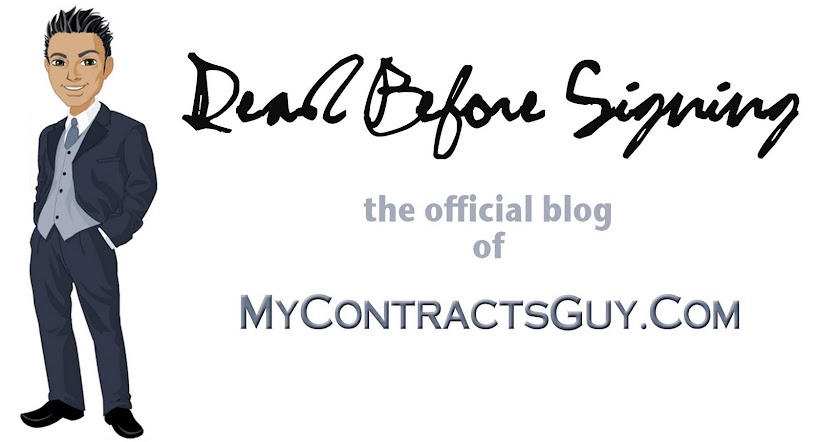 Every lawyer has experienced being "big timed"; mostly because laywers are intelligent and prideful people always looking for an edge on each other. So when you meet another lawyer who has either a lot less experience or who went to a much less prestigious school than you did - you're likely to immediately perceive them as less capable. Of course, not all lawyers act on this prejudice. Despite what you may think or have experienced, the legal community is not completely full of bloated and self-absorbed asses who if they got any further up their own behind would become an M.C. Escher sketch. That's just most of us. The way that kind of lawyer acts once they find out how long you've been practicing, or what firm you work or don't work for, or where you went to school is to talk to you as though you're an idiot and to act as though they have all the leverage in a matter (despite what the actual equities may be).
Every lawyer has experienced being "big timed"; mostly because laywers are intelligent and prideful people always looking for an edge on each other. So when you meet another lawyer who has either a lot less experience or who went to a much less prestigious school than you did - you're likely to immediately perceive them as less capable. Of course, not all lawyers act on this prejudice. Despite what you may think or have experienced, the legal community is not completely full of bloated and self-absorbed asses who if they got any further up their own behind would become an M.C. Escher sketch. That's just most of us. The way that kind of lawyer acts once they find out how long you've been practicing, or what firm you work or don't work for, or where you went to school is to talk to you as though you're an idiot and to act as though they have all the leverage in a matter (despite what the actual equities may be).One of the reasons I decided to be a transactional attorney (as opposed to a litigator) was to avoid as much of this as possible. I have always had plenty of personal conflict and drama in my life, and didn't want to sign up for any extra. What's more, I didn't find the upscale legal community particularly awesome on a social level, and it's difficult for me not to take the sort of treatment I'm talking about personally, which was a recipe for disaster (or at least clinical depression). And for the most part, my dealings with opposing counsel have been much less vitriolic and full of posturing than my litigation colleagues experience.
For the most part, since I went to a decent law school, I get usually get "big timed" based on the fact that: 1. I've only been practicing for four years or 2. I don't work for a big law firm (or any law firm for that matter. And that's recently what I got from a Las Vegas attorney who was seller's counsel in an asset purchase. He was the consummate "big timing" lawyer, from editorializing the deal with his own vision of what the terms should be, to constantly talking about "in his experience". And for the most part, I accommodated him. There's usually little, if any, need to start a fight in a transactional setting; and in this case, the equities and leverage were so soundly in my client's favor, that there was little negotiating that going to take place. We were in the take-it-or-leave-it position. Which didn't give us the right to force unfair terms, but it certainly put us in the driver's seat.
At the eleventh hour, when we had taken documents to seller for their signature (despite being advised against it by their big time lawyer) we discovered that Mr. Big Shot had made one of the most rookie of rookie mistakes. Because as every transactional lawyer will tell you: STEP ONE in any document is making sure you've got the PARTIES' RIGHT at the start of it. I had incorrectly assumed that one of Seller's officers was also a shareholder and drafted the document to that effect (including the opening paragraph and the signature blocks). Both Seller and Seller's counsel were fully aware of who the shareholders were and weren't (made simple by the fact that there was only one) but after weeks of (ostensibly) reviewing the documents, they failed to notice my misunderstanding about the involved parties.
Despite a big office and a big firm partnership, Mr. Big had failed to carefully read even the first sentence of the document I had sent for his review. Yet, he had no problem advising his clients not to proceed with the transaction and to give me comments on that same document. It was a good lesson for me, because, just as inappropriately as he had assumed I was not a very good lawyer based on my experience and business card, I had assumed the opposite based on his. The truth of the matter is, what makes a good lawyer has little or nothing to do with the diploma on his/her wall, the letterhead on his/her correspondence, or the years he/she has logged in practice. It's all about who you are and how you practice. Especially if you're an ass who doesn't actually read the documents you get to review.













